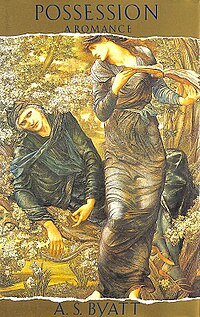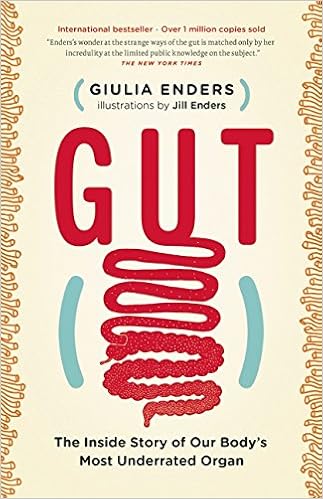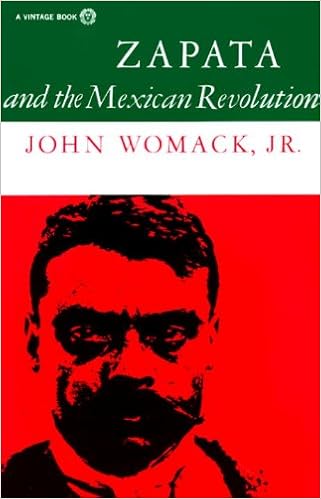Please tell me you're wearing your cowboy boots when you make such posts.
Done with ye, Clarkson!With a bit of luck I'll be rid of having West's Business Law forever. I've just realised it's the book I've had to read the most of, even if it's a bloody textbook.





